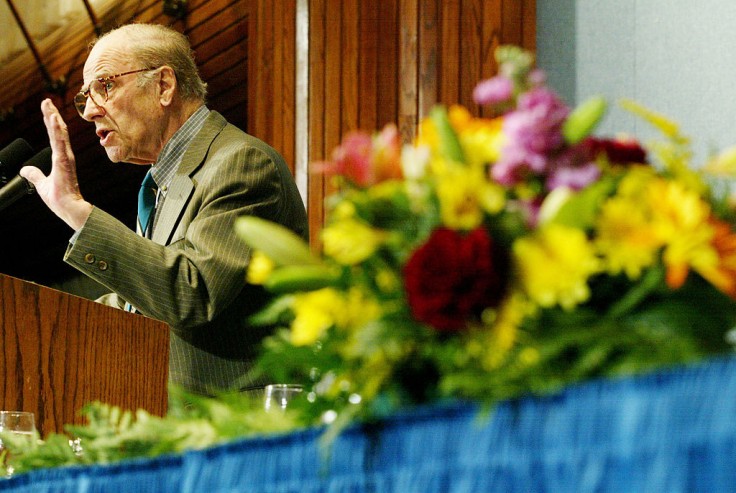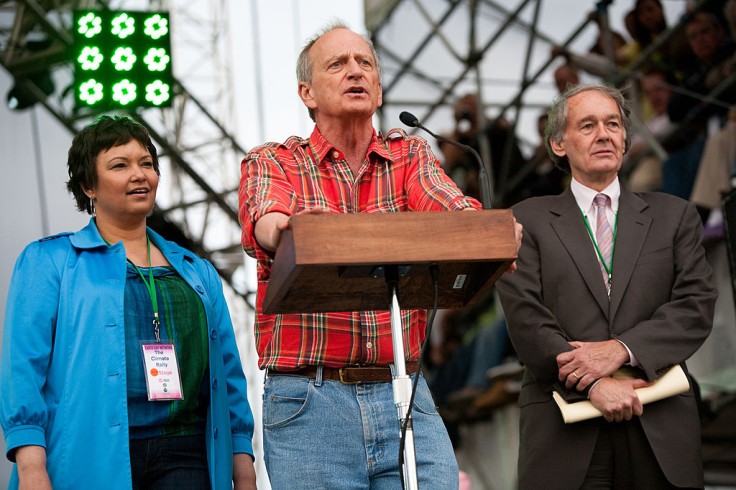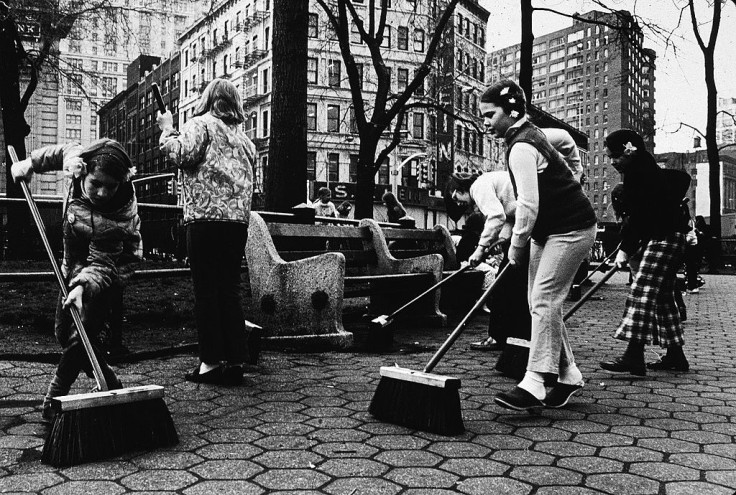Earth Day - the one day when turning the lights off (or power) for one hour at night is the most exciting thing to do.
While this one-hour cessation of power usage does help, it would do more than just that to reduce humanity's carbon footprint altogether, but we're getting there despite our baby steps. After all, a world where our children couldn't enjoy a life similar to what we currently have is a world not worth living.
But what tipped humanity over the edge for us to advocate for saving the environment and our home planet?
Earth Day - How It All Began
Earth Day sprung its roots in 1960s America, smack dabbed in the Vietnam War. At the time, the country was consuming vast amounts of material that slowly polluted the planet; they couldn't be stopped due to the lack of laws protecting the environment back then and the silent acceptance of the American people of pollution being a sign of prosperity, per EarthDay.org.
However, the public slowly began to notice that pollution wasn't as good as it appeared; they eventually became outraged with the countless environmental disasters occurring in the county, per Untamed Science. These disasters include factories that spew black clouds of toxic smoke into the air, the dumping of toxic waste into a nearby stream, and even the bad effects of pesticides of the time on the environment.
All of these came to a head when Rachel Carson published his book titled "Silent Spring" in 1962, which eventually became a New York Times bestseller. It showed the dangerous effects of pesticides on the American countryside, according to History. The book sold more than 500,000 copies in 24 countries, spreading and raising public awareness and concern for living organisms, the environment, and the link between pollution and public health.

The rising public awareness about the effects of pollution on the human body and the environment eventually attached politicians' attention - Democrat Senator Gaylord Nelson from Wisconsin led the charge back then, thanks to his determination to convince the federal government that the planet was at risk.
How Earth Day Was Born

Inspired by students' anti-war protests during the waning years of the Vietnam War, Sen. Nelson announced the idea for a teach-in on college campuses to the national media, with conservative Republican Congressman Pete McCloskey serving as his co-chair. The two recruited a young activist, Denis Hayes, to organize the teach-ins, which led the three to make it happen on Apr. 22, the weekday falling between Spring Break and Final Exams, to maximize the greatest student participation.
Hayes, recognizing the events of the day's potential to inspire all Americans built a national staff of 85 people to promote events nationwide, which eventually included various organizations, faith groups, and others. Sen. Nelson announced the concept of Earth Day at a conference in the fall of that year, which gained the media's and the public's attention.
The first Earth Day, Apr. 22, 1970, was effective at raising awareness about environmental issues and changing public attitude toward them, with public opinion polls indicating a permanent change in national priorities following that fateful day, per the Environmental Protection Agency. Thanks to Earth Day, familiar environment protection laws like the Clean Air Act, Water Quality Improvement Act, Endangered Species Act, Toxic Substances Control Act, and the Surface Mining Control and Reclamation Act were enacted in 1970.
Little Ways To Celebrate Earth Day

Celebrating Earth Day is more than just turning off and not using power for one hour. It's all about committing to doing things that will save the environment and encourage others to do the same.
Using solar panels and eco-friendly appliances does help in reducing your carbon footprint. To know if an appliance is eco-friendly, try looking for its Energy Star rating; it could tell you how energy efficient it is, according to Greener Ideal.
Driving electric cars is also one way to avoid using fossil fuels, though that would depend on how your local power company produces the electricity you use to charge it.
Aside from these things, you may also want to encourage people to recycle materials and throw their trash into the correct receptacles to segregate them properly. Composting, planting trees, and keeping bodies of water clean also help reduce our carbon footprint and let Mother Nature heal.
Earth is our home planet - if we don't take care of it, then we don't deserve to have it as such.









